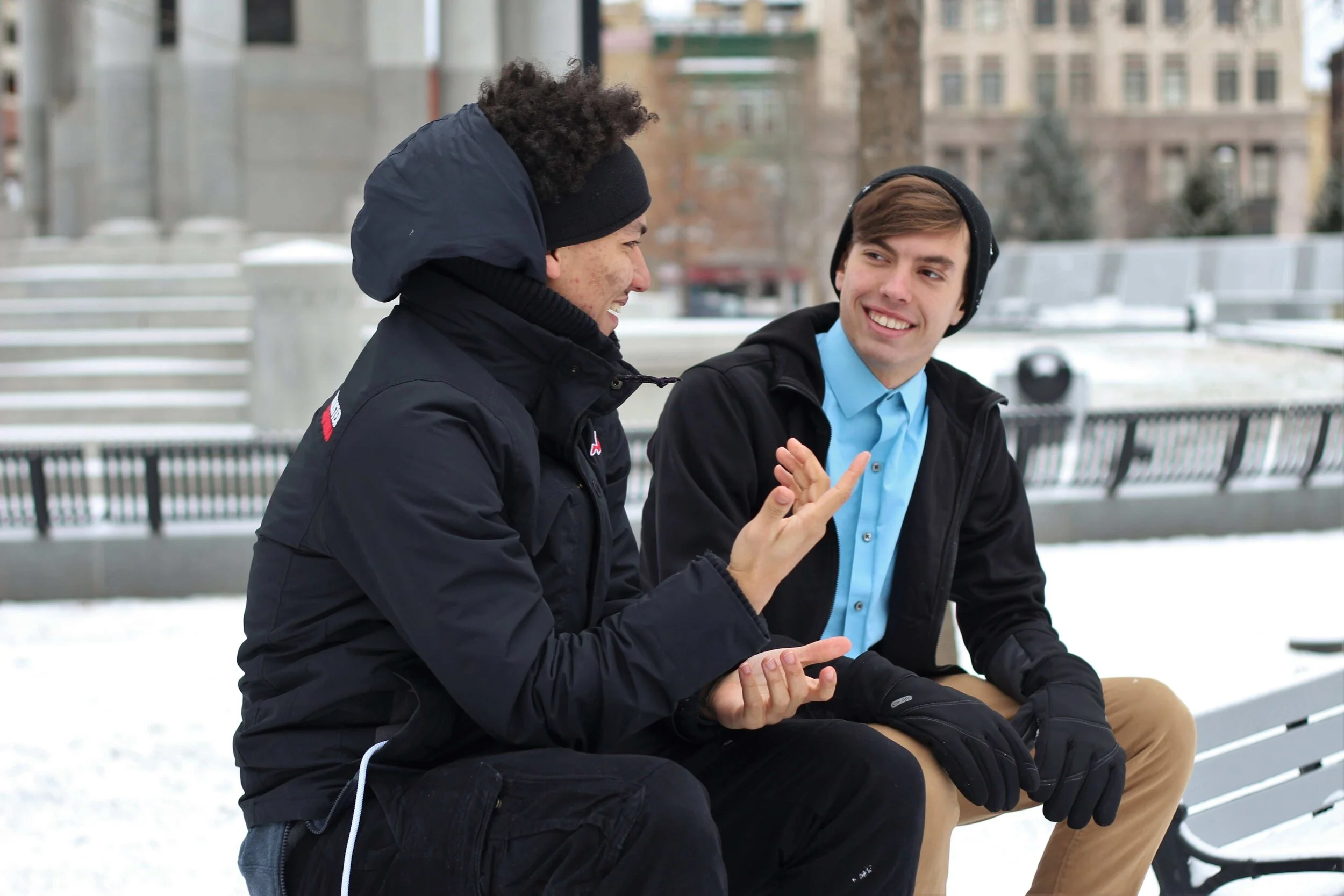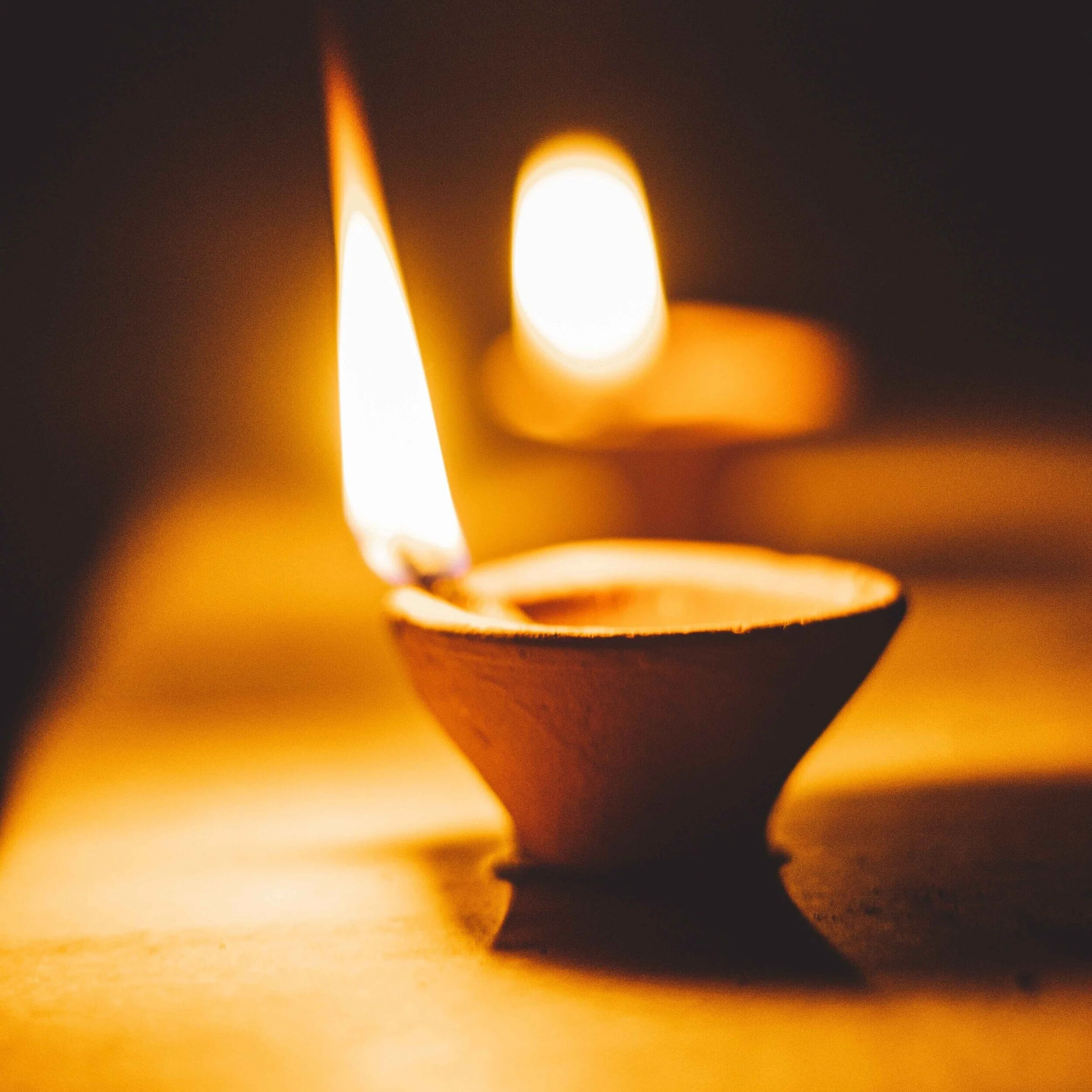We seem hard-wired to “maintain” the existing, rather than “establish” what’s needed! The Great Commission was first entrusted to spiritual entrepreneurs (‘apostolic’ people), however, mission structures are largely configured around ‘maintenance’; a focus on the regions behind us, rather than ‘pioneering’ the regions beyond us (2 Corinthians 10:16).
When necessary ‘regions beyond’ people pull away from the pack; aim for the essence of the Great Commission; research the context; prayerfully reflect; galvanise and take radical action. The seeds of past DNA and vision endure (Job 14:9) but not methods and structures. Mahabba is an expression of ‘new wine’ (Matthew 9:17) and its “network” structure is a ‘new wineskin’.
While the fledgling needs maintenance, 90% of the global mission taskforce is being placed in ‘Christianised’ areas with a viable national church (1). Little wonder that – generally speaking – mission structures have dropped the ‘apostolic’ baton of their pioneers and hold to the status quo by rationalising; collaborating to retain economy of scale to prolong a status quo that’s in terminal decline. Some will do anything but embrace radical change, which might be threatening to the organisation’s ‘heritage’.
The former structure has served very well for 150 years but over time, they have succumbed to the pressure to adopt clunky formal practices. An unintended consequence is that it has led to a customer/supplier relationship between mission agency (the specialist) and local church (client). The system has unwittingly marginalised the local church in the mission process.
Pressure is building for the ‘democratisation’ of mission because more churches are taking ownership, which makes “network” an emerging structure to watch. This ‘new wineskin’ is now needed due to issues such as globalisation; Christians travelling overseas for work; the ‘ends of the earth’ have come to Jerusalem and is living in our postcode; a felt need by Christians to be ‘up-skilled’ for the cross-cultural context we now live in.
The wineskin to engage with this is not the ‘formal’ but in ‘network’. This is why I declined the title “director/national facilitator” of the Mahabba Network, choosing instead to prayerfully explore with the team, how best to build its existing aspiration to be a network. I am excited to be part of fulfilling the vision of seeing: ‘Fruitful ministry among people of Muslim heritage as a normal part of church life. This is born out of an ‘apostolic’ instinct. It seeks to co-operate with God to bring the unseen into existence rather than re-hash the past, which is tantamount to re-organising deckchairs on the Titanic.
We are living in a “pan-geographical” and “issue-based” era of mission (2). Local churches are therefore baptising and nurturing people with Muslim heritage (my own included). The Mahabba Network exists to encourage, facilitate and resource this trend; this is why I sense the Lord’s permission to join the leadership team – not as a ‘corporate’ leader but – as a “gift-person” in God, who carries some key roles, including “strategic implementation”.
I look forward to connecting with everyone in the network.
Sources
Ralph Winter – U.S. Center for World Mission & Intl. Society for Frontier Missiology
The 3 eras of modern mission: 1792 onwards “Coastlands” (William Carey et al); 1865 onwards “Inland” (Hudson Taylor et al); 1934 onwards non-geographical sites “Unreached Peoples” (C. Townsend & D. Mc Gavran) from everywhere to everywhere. http://www.missionfrontiers.org/issue/article/four-men-three-eras
Steve is a mission analyst, trainer, writer and speaker. Contactable on 07815 042033 or e-mail stevebell2101@sky.com

























